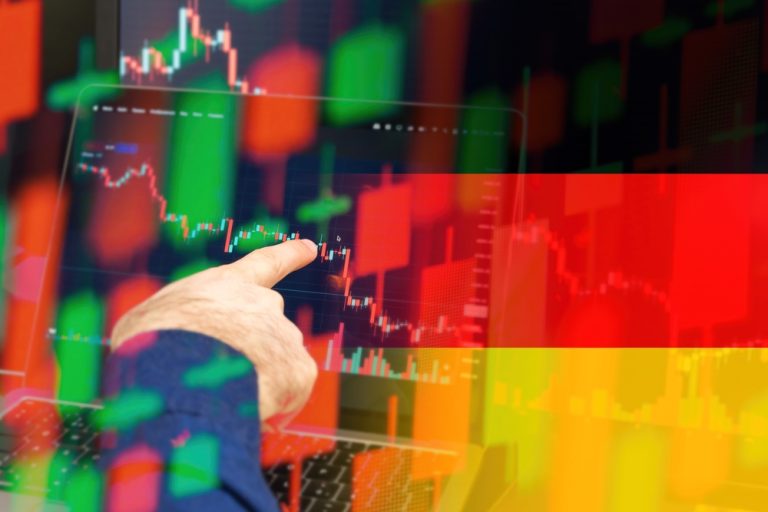Following two consecutive years of economic contraction, Germany stands at a crossroads in 2025. Businesses are cautiously optimistic as a new coalition government, led by the conservative CDU/CSU party and the center-left Social Democrats, takes charge. The nation’s economic challenges are vast—high energy costs, sluggish consumer demand, competition from China, and the need for policy reforms. Yet, with incoming Chancellor Friedrich Merz prioritizing industrial growth and job creation, hopes for a turnaround are high. Will this new leadership be able to revive Europe’s largest economy?
High Energy Costs: A Persistent Obstacle
German industry has long grappled with soaring energy costs, impacting its global competitiveness. Following the Russia-Ukraine conflict, wholesale power prices surged from around 40 euros/MWh in 2020 to an average of 235 euros/MWh in 2022, severely affecting major energy consumers. Although prices eased to 80 euros/MWh in 2024, they have climbed above 120 euros/MWh in 2025 due to rising natural gas prices.
The incoming government faces a delicate balancing act. While German power firms are set to increase renewable energy capacity this year, sustained reliance on natural gas—over 95% of which is imported—continues to pose a challenge. Policymakers have limited influence over global gas prices, meaning domestic power costs are likely to remain high.
Dependency on Natural Gas: A Double-Edged Sword
Germany’s growing dependence on natural gas is a key factor shaping its economic outlook. In 2024, gas accounted for about 17% of electricity generation, the highest level since 2020. This increased reliance comes despite reduced pipeline supplies from Russia, with Germany turning to more expensive liquefied natural gas (LNG) imports from the U.S. and other sources.
To alleviate cost pressures on industry, government interventions to lower gas import costs could prove beneficial. However, strict debt restrictions may limit such measures, posing a significant challenge for Chancellor Merz’s administration.
Industrial Output and Global Trade Pressures
High energy costs, weak domestic demand, and fierce competition from China have led to a decline in Germany’s production of energy-intensive products, including steel, chemicals, and fertilizers. The automotive sector has also suffered due to sluggish local demand and increased Chinese car exports.
Chancellor Merz has pledged to expand Germany’s industrial base and safeguard jobs, but stimulating demand for German goods may require significant tax and spending reforms—changes that could face political resistance. Additionally, international trade dynamics, including U.S. tariffs and ongoing disputes with China, further complicate Germany’s export strategy.
Can the New Government Deliver Economic Revival?
Sunday’s election results give hope, as CDU/CSU may form a government with just one other party, avoiding the gridlock of a three-way coalition. With coalition talks underway, industrial growth and job creation are at the top of the agenda.
However, energy costs, gas dependency, industrial output, and international trade challenges remain formidable. The effectiveness of the new government’s policies will be crucial in determining whether Germany can regain its economic momentum.
A Turning Point for Germany
Germany’s economic revival in 2025 hinges on strategic policy decisions, particularly in energy and industrial growth. Chancellor Friedrich Merz’s administration faces a delicate balancing act between fostering growth and navigating political resistance. As Germany embarks on this challenging journey, the world will be watching to see if Europe’s largest economy can reclaim its former strength.


